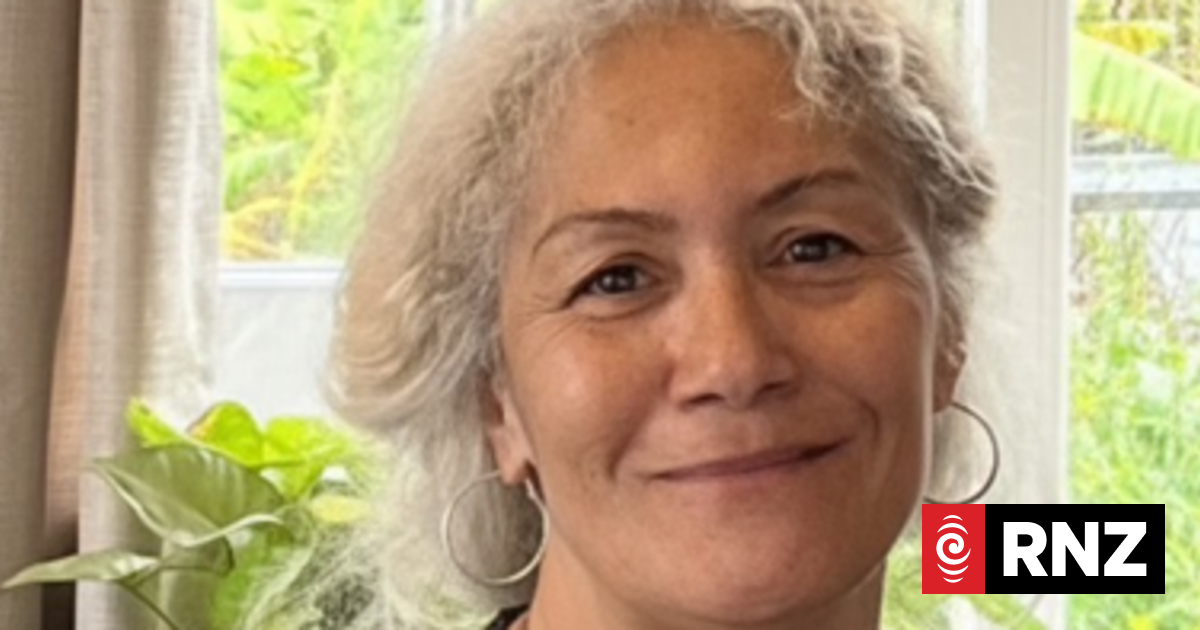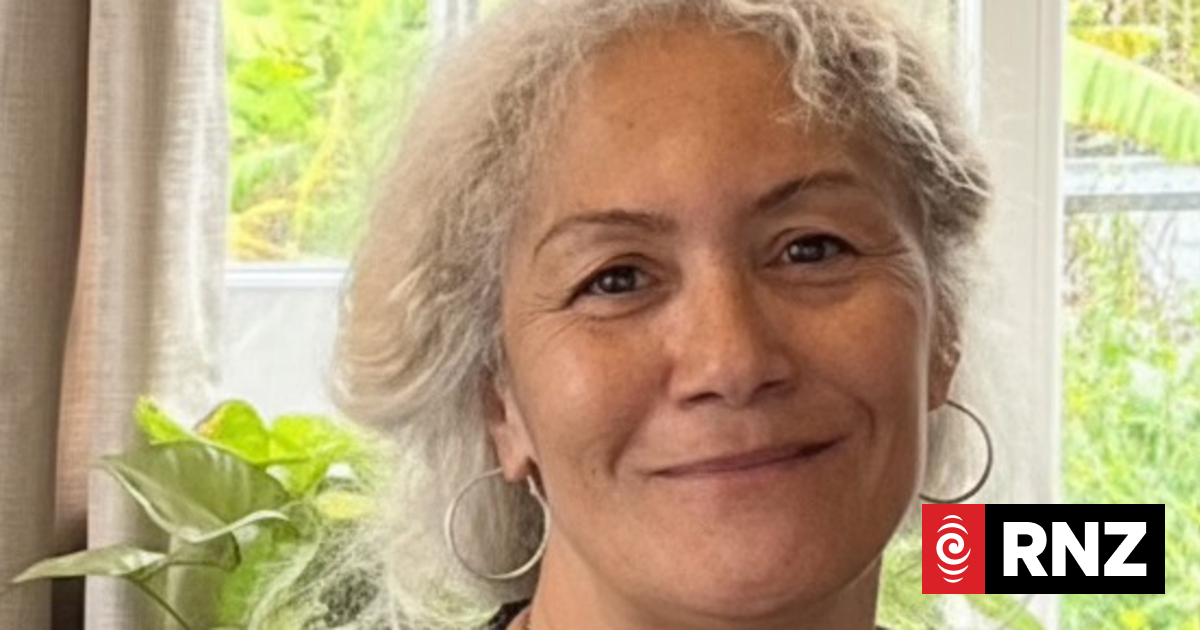Laughton King talks about his journey with dyslexia. Photo / Michael Cunningham
As a 6-year-old, author Laughton King would kneel by his bed at night and pray to God saying this world was too foreign for him and he wanted to go home.
Now at 74 years old, the retired psychologist and author of the new book Inside the Dyslexic Mind is using his experiences from a lifetime of living with dyslexia to help others with the learning disability thrive.
The Whangārei Heads local described life with dyslexia as “incredibly lonely and incredibly depressing”.
“I couldn’t tell you how many times I’ve thought of suicide,” he said.
Advertisement
He believed dyslexia, the word itself taken from Latin meaning ‘difficulty with language’, was wildly misunderstood.
“Dyslexia is not a reading, writing, or learning difficulty. It looks like it but it is a teaching difficulty.”
King is wedded to the notion that his life’s purpose is to be a bridge between the worldwide “diesels” who are being “actively sidelined” by education and legal systems that have chosen language as their sole mechanism.
“Our political, our industrial, our commercial, legal, religious system – all of it chooses language which sidelines approximately 15 per cent of the population who are predominately male.”
Advertisement
King’s coined the term “diesel people” as there is no physical distinction between diesel and petrol vehicles.
“But when you put petrol into the diesel tank you basically stuff that motor up, it won’t go. It doesn’t just suddenly stop, it goes for a while but gets more sluggish.”
And schools were petrol stations, King said.
“Children don’t fall between the slats, we push them there.”
King said they do not fail, they are actively failed by our “predominating system”.
/cloudfront-ap-southeast-2.images.arcpublishing.com/nzme/OJFSSOLBTBABFLTGZVPUBGRRH4.jpg)
His point of view is motivated by a lifetime of witnessing children being inadvertently blamed for their struggles.
“I got it as a child and in a nutshell, it is incredibly lonely and incredibly depressing.
“I’d get ‘Laughton, you are not trying hard enough’ and ‘Laughton is not motivated. If Laughton would apply himself he could do well’.”
He said for a teacher, these points of view felt “absolutely true” but for someone with dyslexia, they were alienating.
“I had one teacher who used to stand behind me in class with a great big textbook in his hand and beat me over my head and chant, ‘King, you are stupid’.
Advertisement
“He loved it, 99 per cent of the kids in the class loved it and I had to go and change my knickers afterwards.
“The humiliation was incredible,” King said.
He recounted being caned for talking in class during a lesson where students were supposed to be copying words off a blackboard into their books.
“The only way I could move written material from the blackboard three metres in front of me on to my pad was to say it aloud because I didn’t, at that stage, have the capacity to do inner dialogue.”
While neurotypical people process language as their thinking tool, dyslexic people do most of their thinking in a pictorial form. Never had it occurred to King that other kids could do speech inside their minds without uttering a word.
King said our reading and writing system was invented around 4000 years ago by the Phoenicians, who understood that about 85 per cent of the population were right-handed. This is why letters, words and sentences go from left to right.
Advertisement
So when dyslexic children are faced with reading and writing, he said, it is like they are a diesel engine being pumped with petrol.
“We are trying to get this child to work in a way that is not natural, and they’re having to effectively work backwards.”
For King, each school day was a “total nightmare” but the nights were worse.
“I had to learn not to close my eyes and not to sleep because as soon as I slept the horrific nightmares came back again.
“At school, if it got to the worst, I could go out the window of the classroom, race through the paddock into the farm out behind the school and nobody could find me.”
But at night, King would force himself awake to escape the terrors in his dreams.
Advertisement
He believed kids with dyslexia were too often labelled as problem children.
“We need to look at what we can be doing differently to help those now,” King said.



